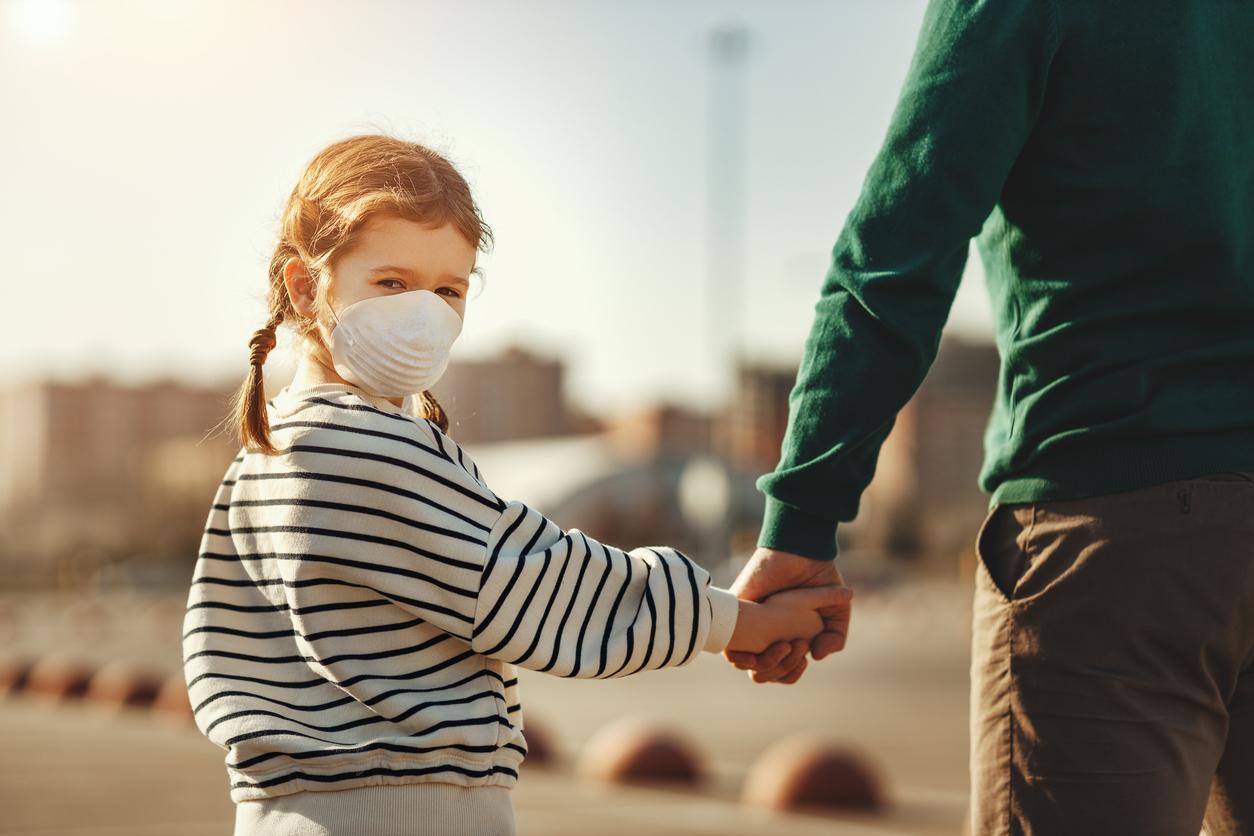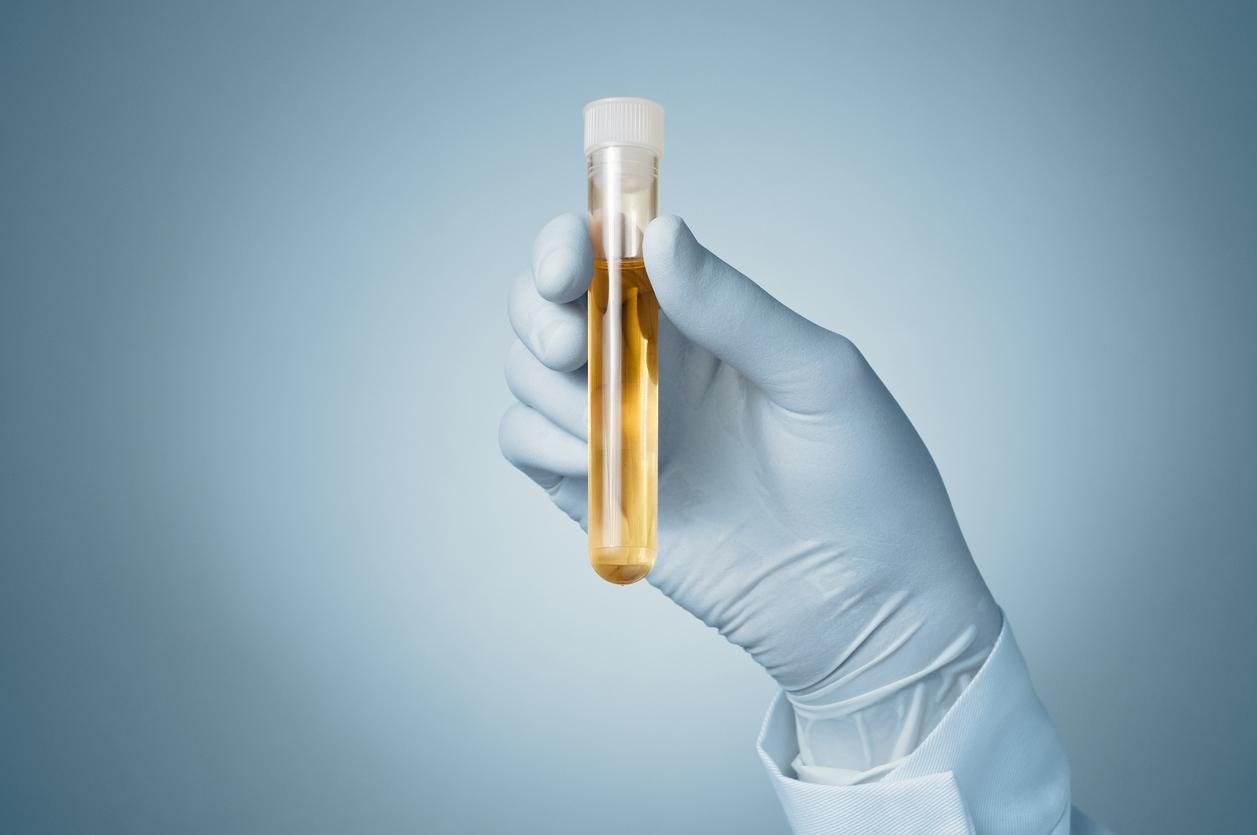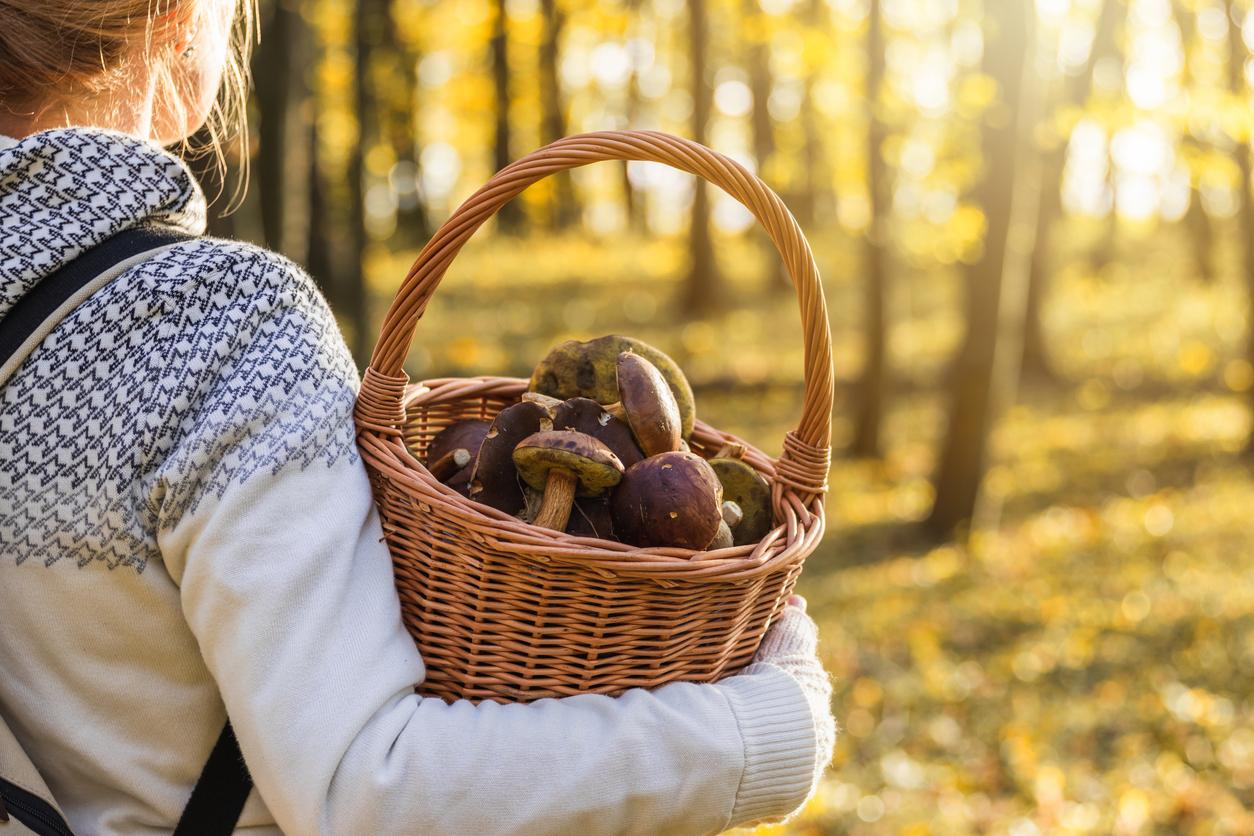- Gastroenteritis 2021: how many cases at the moment in France?
- What is gastroenteritis?
- What are the symptoms of gastro?
- Covid or gastro?
- Gastroenteritis, is it very contagious? How not to catch it?
- How long does gastro last?
- How to quickly treat gastro?
- What natural remedies against gastro?
- What to eat in case of gastro?
- Should you drink coke in case of gastro?
- Gastroenteritis: when to consult?
Gastroenteritis 2021: how many cases at the moment in France?
Winter 2020-21we have experienced an unprecedented situation where the gastrointestinal, flu and bronchiolitis hardly circulated due to drastic barrier gestures and the curfew. The SARS-CoV-2 virus had taken over. This fall, viruses are starting to circulate again: gastroenteritis, colds and angina are back.
For the time being, in mainland France, consultations for gastroenteritis are estimated at 120 cases per 100,000 inhabitants, an increase in the rate compared to the previous week, according to the latest bulletin from the Sentinelles network, published on October 20.
At regional levelthe highest incidence rates were observed in: Hauts-de-France (181 cases per 100,000), Normandy (159) and Provence-Alpes-Côte d’Azur (137).
See also: the map of cases of gastro 2021 region by region.
What is gastroenteritis?
The acute gastroenteritis is a gastrointestinal infection. It is an inflammation of the digestive tract most often due to a virus (gastro viral). Winter gastro epidemics are mostly viral.
But it can also be bacterialoften during a stay where the level of hygiene is insufficient (tourista), in this case, it can be caused by a bacterium: E coli, Salmonella, Shigella for example.
Finally, a gastro can be linked to a parasiteoften when traveling as well.
What are the symptoms of gastro?
The gastroenteritis is manifested by a acute diarrhea sudden onset.
How to know if it is a gastro? Here are two signs:
- You notice an increase in stool frequency with more than three bowel movements in 24 hours,
- and a change in their consistency, stools becoming loose or watery (diarrhoea).
The diarrhea is usually accompanied by nausea and/or vomitingabdominal pain (stomach aches) and a moderate fever (38°C)with sometimes the presence of red blood in the stools (hematochezia).
What is the incubation time for gastro? Gastro has a variable incubation period depending on the patient. It is estimated that she puts between 24 hours and 72 hours to appear in adults.
Do we always have a fever in case of gastro?
It is possible to have a fever (38°C) with gastroenteritis. But this is not the main symptom and it is not systematic, it is possible to have gastro without fever.
Gastroenteritis is most often expressed by acute diarrhea, nausea and/or vomiting, abdominal pain, and sometimes blood in the stool.
Depending on the case, we can have a gastro without diarrhea but with vomiting and nausea or gastro without vomiting but with diarrhea or both.
Covid or gastro?
Covid-19 infection leads to wide variety of symptoms. You can – even if it is not the majority of the cases – present symptoms intestinal and digestive like the abdominal pain, nausea, vomiting, a loss of appetite, of the diarrhea.
Remember that the most common symptoms of Covid-19 are: fever or feeling of fever (chills, hot-cold), cough, headache (headaches)body aches (myalgia)unusual tiredness (asthenia), a loss of sense of smell (anosmia) without nasal obstruction (stuffy nose)a total disappearance of taste.
Digestive symptoms are more common in children, but adults can also suffer from them. However, they are rarely isolated and often preceded or followed by other symptoms more typical of the infection (febrile state, cough, fatigue, body aches).
According to Dr. Battistoni, a general practitioner interviewed by Top Santé, you have to use common sense. “If you have three abnormal stools and no other symptoms, no need to worry, on the other hand if they are associated with a flu picture (fever, body aches, cough…), then you must isolate yourself and get tested.
Gastroenteritis, is it very contagious? How not to catch it?
Health insurance explains on his website ameli.frthat the transmission of viruses, bacteria or parasites responsible for gastroenteritis Made by :
- direct contact between one person and another who is already sick;
- food contaminated by a sick person (pastries, minced meat, ready meals, shellfish, unpasteurized dairy products, etc.) or contaminated water: we are talking about food poisoning ;
- contact with objects on which fine particles of stool from sick people have settled.
Gastro contagiousness time varies from patient to patient. What we know, it is extremely contagious. It is transmitted via fluids: saliva, vomiting, stools. Health insurance recommends a work stoppage of three daysbut this must be adapted to the importance of the symptoms and their longevity.
To avoid catching gastro and/or passing it on to your loved ones :
– wash your hands often with soap and water, and especially after going to the toilet and before cooking or eating.
– If your clothes or objects (toilet, sink, etc.) have been soiled by diarrhea or vomiting, wash immediately with chlorine bleach.
– Avoid sharing your cutlery or food with a person who has gastroenteritis.
– Do not share your towels or your toothbrush either.
– And of course, avoid contact with someone who has gastroenteritis as much as possible.
– If you have gastroenteritiswear a mask when you hold your baby.
How long does gastro last?
Gastro is generally manifested in adults by an infection with various viruses, bacteria or parasites. In the viral form, it lasts less than 3 days. In the parasitic form, liquid stools may continue and then require appropriate treatment. We talk about acute diarrhea for gastro because it lasts less than two weeks.
How to quickly treat gastro?
To help you relieve nausea and diarrhoea, you will find certain medications in pharmacies that are very useful during an epidemic.
In case of gastro, rest warm and take immediately an anti-nausea (Vogalib Where Nausicalm) as well as an intestinal antisecretory (Diarfix Where Tiorfast): 1 capsule after each diarrhea until the stools become solid again.
You can also take a sachet of clay-based intestinal dressing three times a day, which will trap water in the intestine (Smecta). But be careful: this drug can decrease the absorption of other drugs. A period of at least 2 hours must be respected between taking the other treatments. Furthermore, it is not recommended for children under 2 years old.
What natural remedies against gastro?
Note that not all of these drugs are not subject to medical prescription. You can therefore obtain them from your pharmacist without a prescription.
• If you are rather homeo : take a dose of Parathyphoidinum B on the first day in 9 CH and a dose of Eberthinum (3 strains of salmonella diluted) in 9 CH on the second day.
Carbo vegetalis in 5 CH every hour is recommended in case of bloating and gas.
• If you are rather phyto: capsules of vegetable coal (Carbophos) will help calm bloating and flatulence. To be swallowed with a cup of black tea that you have left to infuse for at least 10 minutes to bring out the tannins, which are effective in relieving diarrhea.
What to eat in case of gastro?
Drink in small amounts (to avoid vomiting) at least 2 liters of lightly sweetened or salty drinks (vegetable broth, boldo or mint tea, black tea) or even more in the event of very watery diarrhea, in order to replace the water and lost salts during diarrhoea. Avoid carbonated drinks (because of the risk of painful bloating).
If you don’t have an appetite, do not force yourself (remember especially to drink). On the other hand, as soon as your appetite returns, start eating againto help your gut wall recover, but in small quantities to avoid nausea.
Choose from foods that slow transit such as well-cooked boiled rice (with its starch) or cooked carrots as well as cooked or stewed fruit. Only fresh fruit allowed: bananas, which compensate for potassium losses.
Avoid fatty foods at all costs. If you eat meat, choose lean (white) meat or a little ham. And don’t forget yogurts, which contain lactic ferments and pamper your intestine.
Give up green vegetables and fresh fruits. Only bananas (sources of potassium) are recommended. Prefer cooked or stewed fruit.
Should you drink coke in case of gastro?
the Coca is often proposed to calm a gastro. It is by no means a miracle drug against it! Furthermore, the risk of gastro is dehydrationand coke does not allow you to rehydrate properly, so it is crucial to drink water.
If the sugar and the phosphoric acid it contains have been suggested as useful for their anti-emetic action by various studies since the 1960s, it is crucial to remove bubbleswhich could on the contrary revive vomiting. Health insurance advises to avoid it in case of digestion problems, for its caffeine content, in particular.
Gastroenteritis: when to consult?
Certain signs should alert you to gastroenteritis and lead you to see a doctor :
- systematic vomiting for more than a day
- blood or pus in the stool
- severe abdominal pain for more than two hours
- fever over 38.5ºC
- signs of dehydration (dry mouth and skin, less frequent urination and darker urine than usual)
Read also:
- Gastro: what drugs to relieve symptoms?
- Catching gastro would (also) depend on your blood type
- The 2021 flu vaccine: all you need to know


















